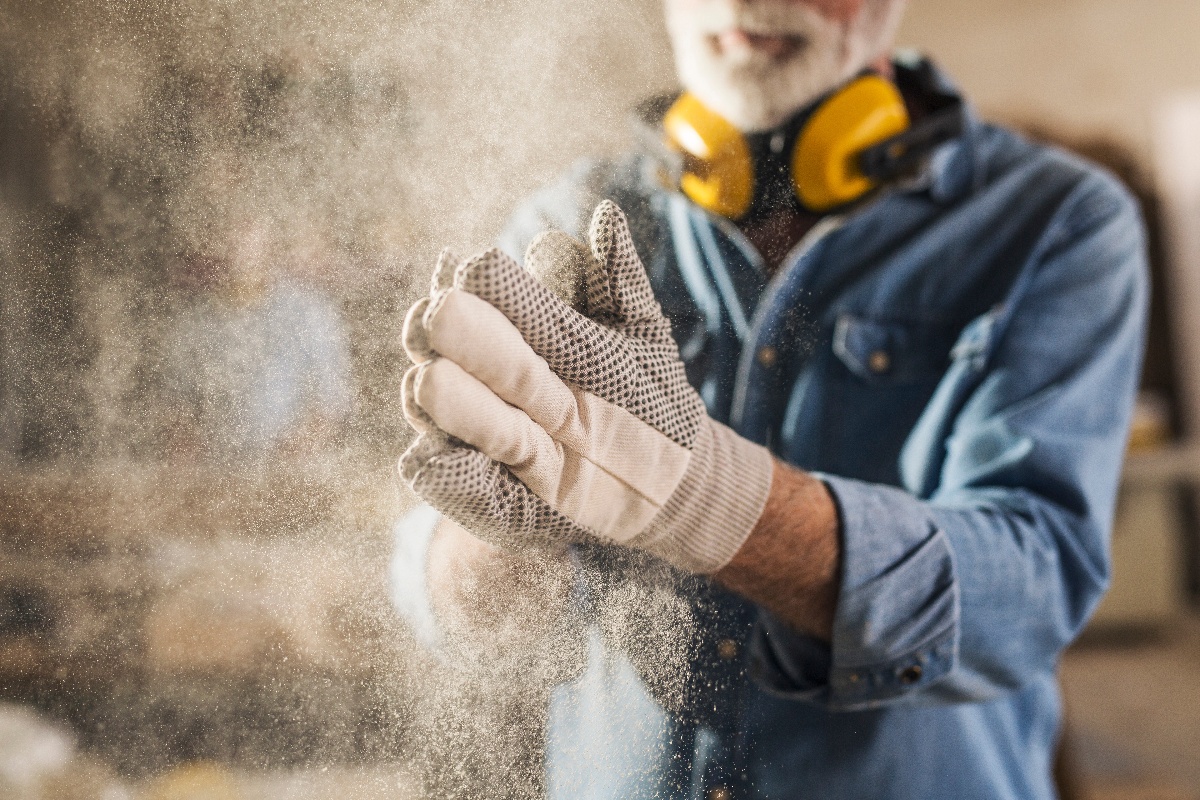
Harsh operating conditions are not unusual in manufacturing and other industrial environments. Still, equipment must function reliably to keep processes moving along. Since that movement frequently involves pneumatic actuators, manufacturers should choose products that are made to withstand environmental challenges. Often, stainless steel cylinders are the best choice.
Components for Outdoor and Indoor Harsh Environments
Some environments are inherently harsh and challenging. Outdoor conditions often expose equipment to dirt, heavy dust, water, high humidity, and corrosive elements–like salt or industrial chemicals. Prolonged exposure to corrosive substances, particulates, or moisture can severely damage critical components of a pneumatic actuator, including the rod and rod seal.
Indoors, food and beverage processing and packaging environments are prone to bacterial contamination. And if actuators and other moving parts are not perfectly sealed, leaking fluid can contaminate the product.
Some industrial environments must remain meticulously clean—food and beverage, pharmaceuticals, and medical device manufacturing, among others. To maintain strict sanitation, operators must frequently wash down the equipment–sometimes subjecting it to high water pressure and caustic cleaning chemicals. Some types of pneumatic actuators are specifically designed to adapt to harsh conditions. For example, actuators used in environments with extreme temperatures incorporate features such as temperature sensors and adaptive control systems to ensure consistent performance.
- MAGTEC® rodless magnetically coupled cylinders operate within an entirely closed body and have internal main pressure seals, so there is no risk of contamination, outward or inward. That makes MAGTEC cylinders ideal for food processing and similar applications. In addition, these actuators offer long stroke lengths and are available in stainless steel.
- PNEU-SA® actuators offer an enclosed cable-type design that also uses internal main pressure seals. The piston and carrier connector ride in separate chambers, connected by the cables. The piston chamber is never exposed to the operating environment, so there is no risk of contamination. PNEU-SA cylinders are available in multiple configurations.
Stainless Steel Pneumatic Actuators Further Support Sanitation
The Food and Drug Administration and the U.S. Department of Agriculture both require the use of stainless steel for equipment in food or beverage environments, from farms to packaging. But that’s not the only industry or advantage of using stainless steel pneumatic actuators.
So why choose stainless steel?
- It is harder and longer lasting than other materials, so it’s more durable. It won’t crack, pit, corrode, or rust despite exposure to abrasive, harsh chemicals, etc.
- It is highly heat-resistant, making it suitable for environments requiring stability under fluctuating temperatures.
- It is ideal for industrial designs to eliminate corners or crevices where bacteria or dirt could become trapped. This also makes stainless steel easier to clean.
- ISO-certified actuators are available in a stainless steel option as well.
- Artec stainless steel actuators are built for durability, meeting ISO standards for size, materials, and performance. These pneumatic cylinders offer high interchangeability while withstanding corrosive environments, ensuring reliable performance in tough industrial conditions.


